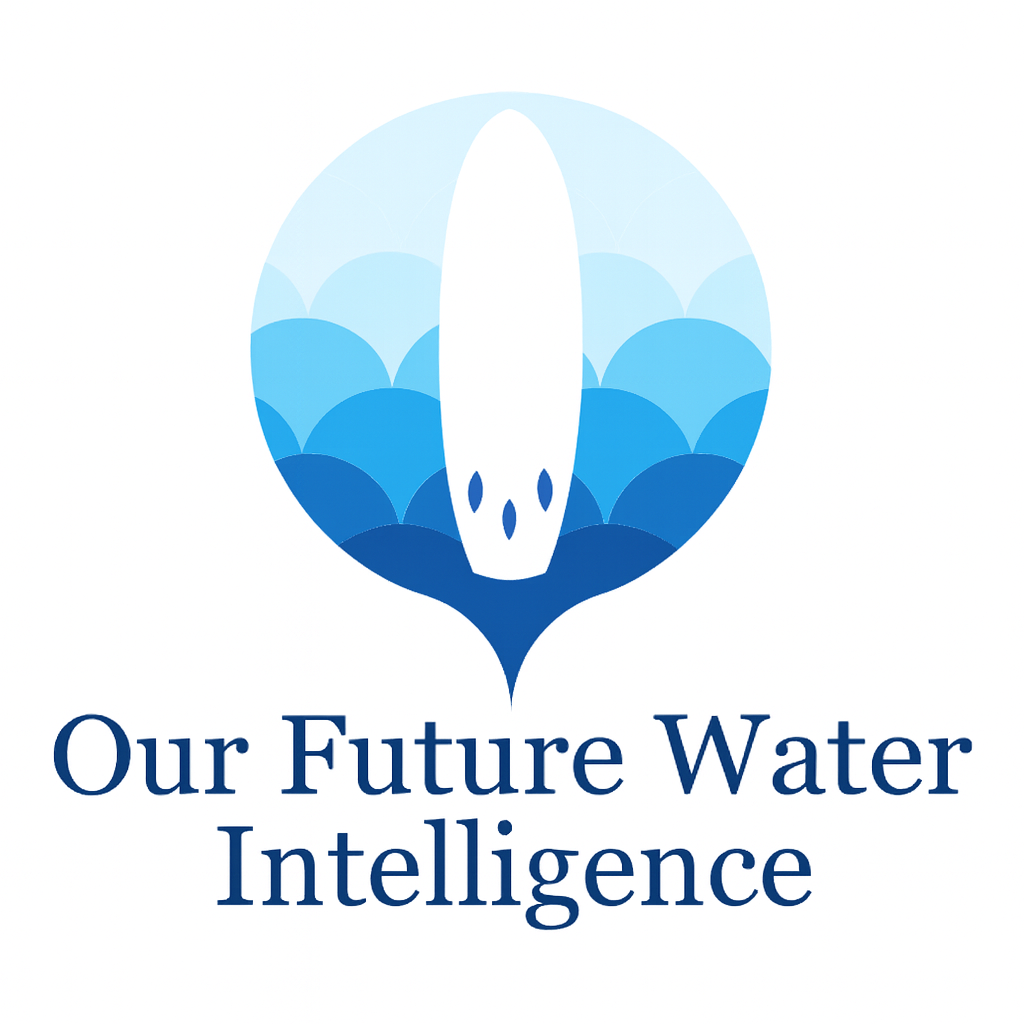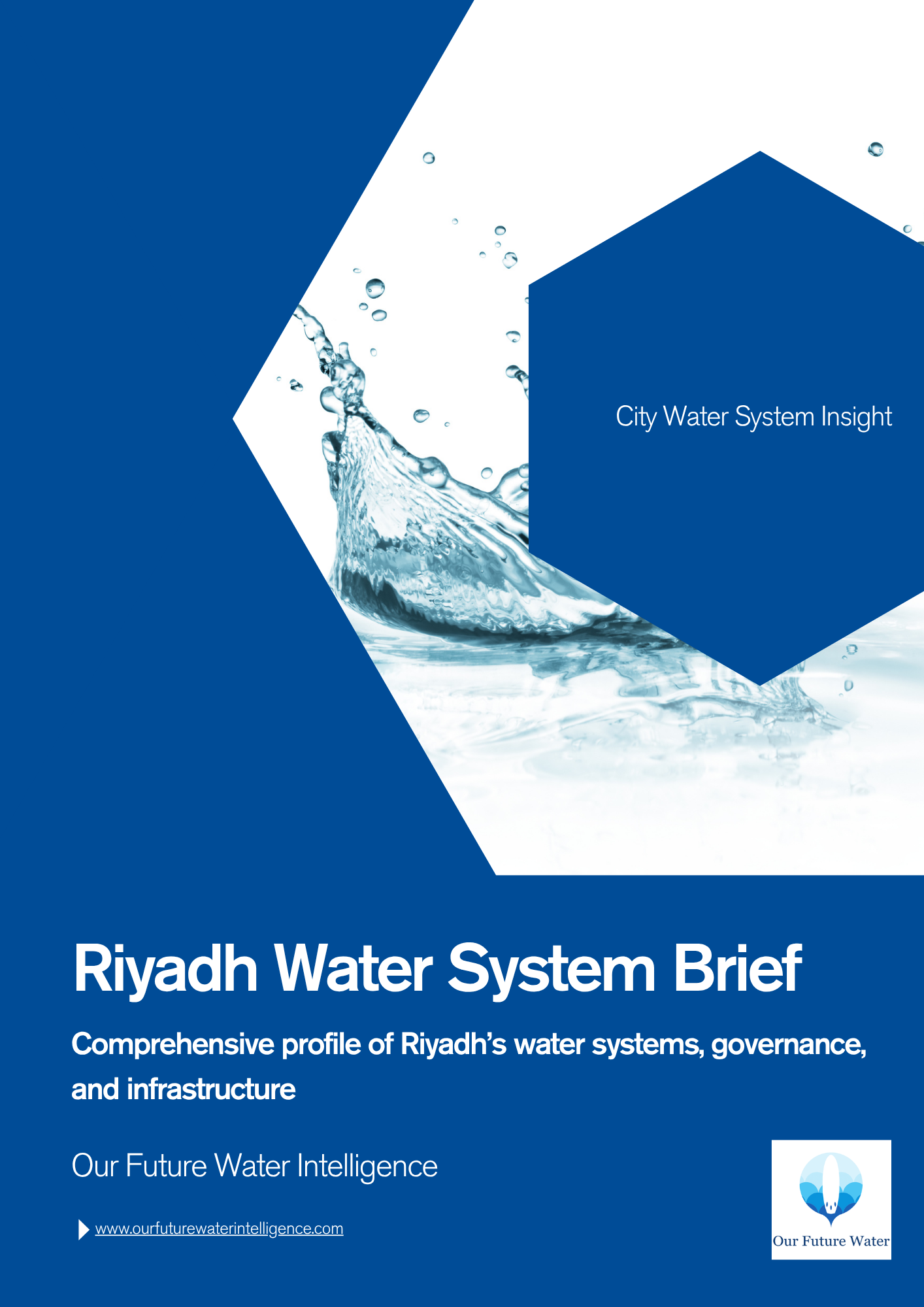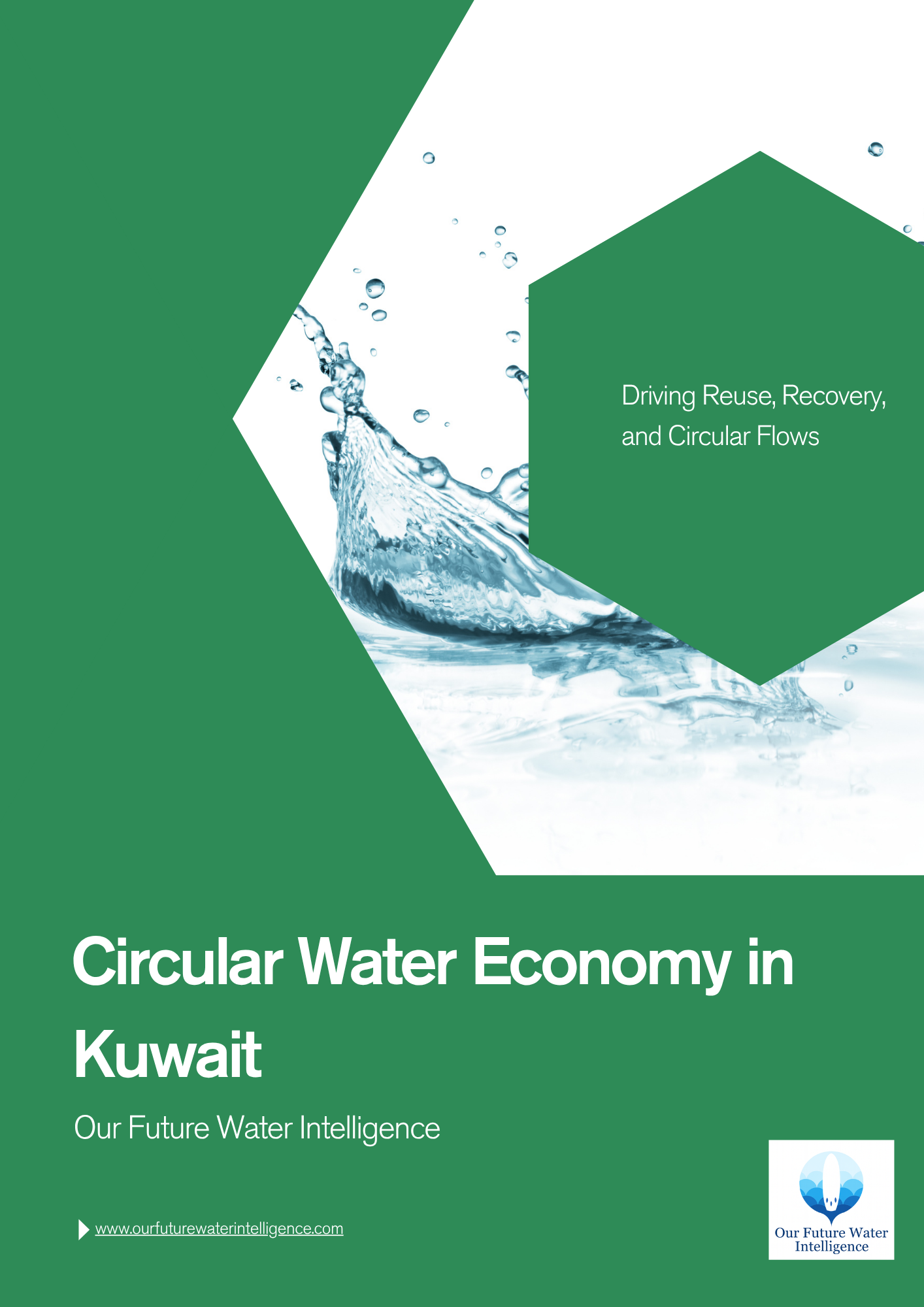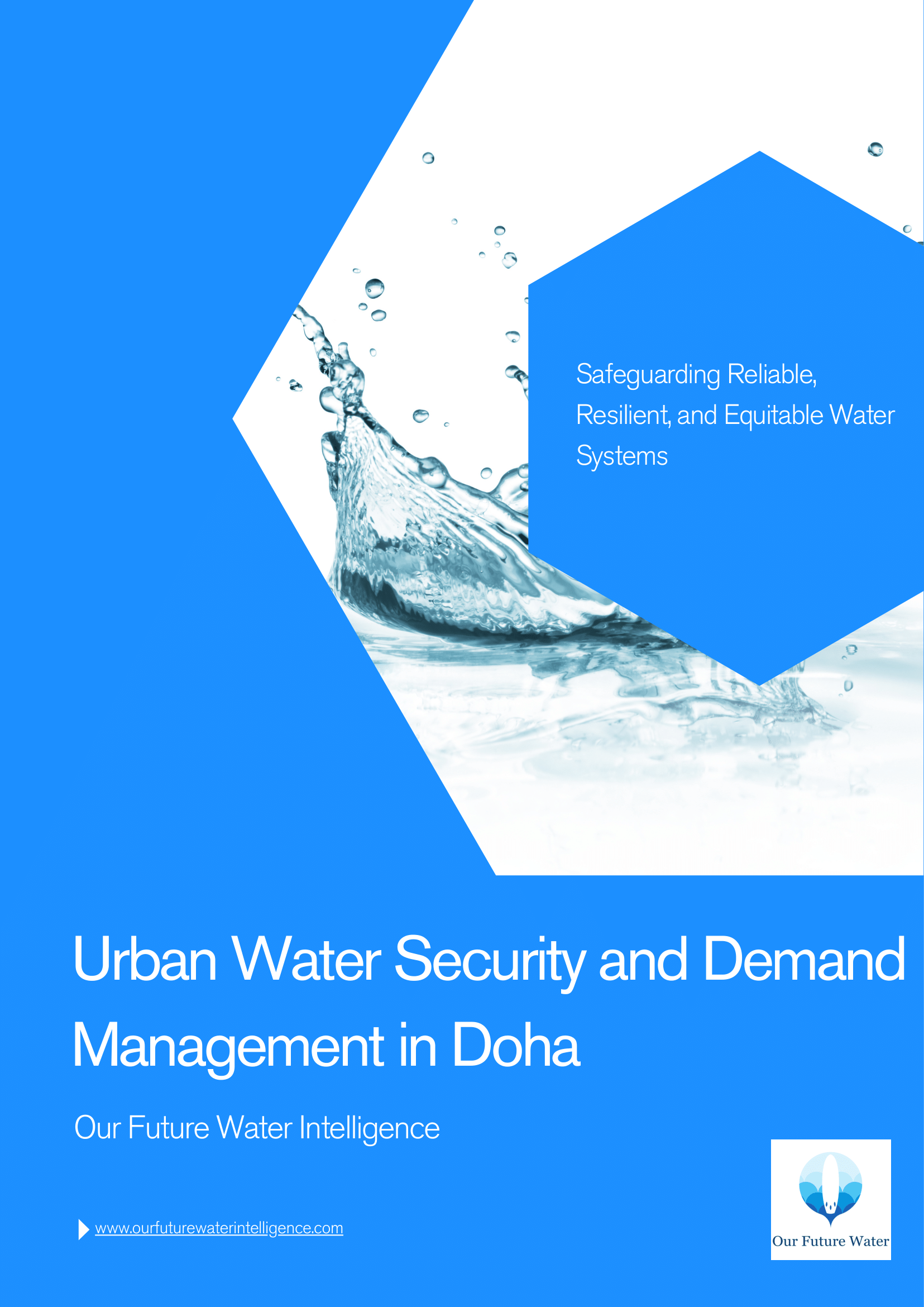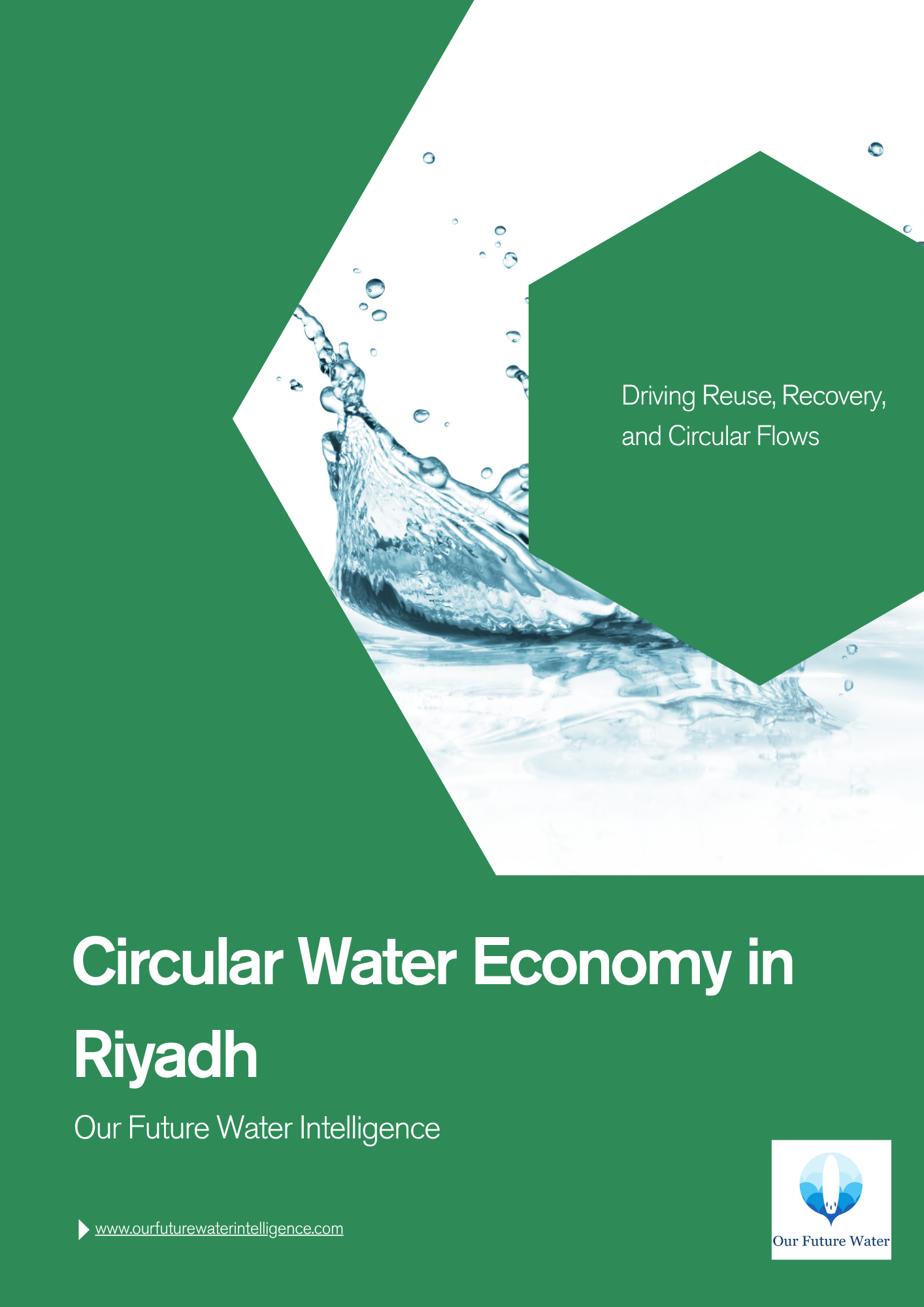Riyadh Water System Brief | Comprehensive Profile of Riyadh’s Water Systems, Governance, and Infrastructure
Riyadh Water System Brief: Comprehensive Profile of Riyadh’s Water Systems, Governance, and Infrastructure delivers an authoritative, data-driven analysis of Saudi Arabia’s capital city water sector—its resources, infrastructure, and governance reforms. The report examines how Riyadh is addressing extreme water scarcity through large-scale desalination, wastewater reuse, and digital efficiency initiatives aligned with Saudi Vision 2030 and the National Water Strategy 2030.
Key Insights
Understand Riyadh’s Supply Portfolio
Riyadh’s water supply is dominated by desalinated seawater, supported by preserved non-renewable groundwater reserves and an expanding network of treated wastewater reuse systems designed to diversify sources and enhance long-term security.
Explore National Frameworks
The National Water Strategy 2030 and the Water Law (2020) define Riyadh’s governance structures, tariff reforms, and efficiency mandates, embedding sustainability principles within national and municipal water management frameworks.
Review Major Infrastructure Projects
Key developments include the Jubail 3B Desalination Plant (570,000 m³/day), the Riyadh–Qassim 1 Independent Water Transmission Pipeline (685,000 m³/day), and a US $533 million network expansion delivering over 2,000 km of new pipelines and reservoirs to meet rising urban demand.
Gain Insights on Efficiency Challenges
Non-Revenue Water (NRW) currently ranges between 25–40%, with a national target to reduce it to 15% by 2030 through deployment of more than 2 million smart meters, SCADA integration, and AI-enabled leak detection technologies.
Discover Wastewater Reuse Achievements
Riyadh’s wastewater treatment infrastructure includes tertiary treatment capacity of 400,000 m³/day, contributing significantly to raising national reuse from 21% to a projected 70% by 2030, in support of circular economy objectives.
Assess the Water–Energy Nexus
Desalination accounts for up to 9% of Saudi Arabia’s total electricity use, driving innovation in energy-efficient Reverse Osmosis (RO) technologies and renewable integration to lower costs and emissions in line with net-zero ambitions.
Evaluate Strategic Storage Initiatives
Riyadh’s strategic storage capacity has expanded from 13 million m³ in 2016 to over 25 million m³, with plans to exceed 119 million m³ by 2030 to enhance resilience, emergency preparedness, and system reliability.
Identify Opportunities for Investors and Policymakers
Public-Private Partnerships (PPPs) valued at over US $30 billion and rapid digital innovation across the sector are driving Riyadh’s transformation toward a circular, low-carbon, and financially sustainable urban water future.
Designed for policymakers, utilities, investors, and consultants, Riyadh Water System Brief provides evidence-based intelligence and strategic foresight for data-driven decision-making and sustainable urban water planning in one of the world’s most water-stressed environments.
